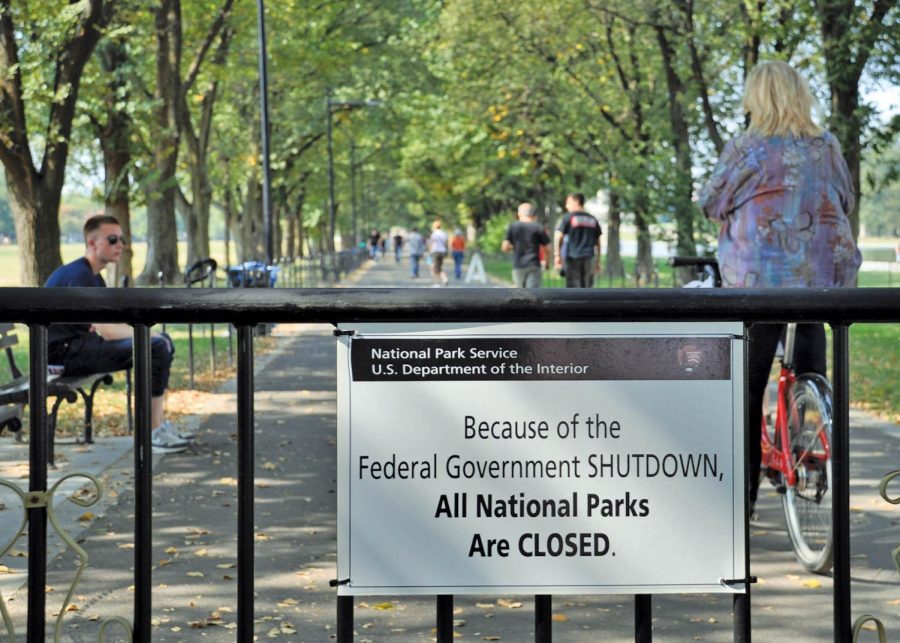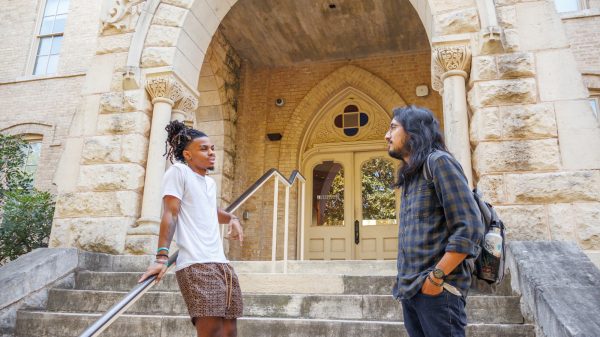Government shutdown does more harm than good for U.S. citizens
The shutdown started on December 22 and ended on January 25.
The United States faced a partial government shutdown on Dec. 22, and it became the longest shutdown in the history of all shutdowns in U.S. after it surpassed 22 days. The shutdown reached its breaking point recently on Jan. 25, after Congress and President Donald Trump agreed to a stop-gap spending bill.
Prior to this, Trump was not ready to end the shutdown until an amount of $5.7 billion was approved for building a wall on the border of Mexico–a wall that is a crucial part of Trump’s immigration policy and a solid measure for security. The Congressional leaders have flatly refused since they believe that the money would be better spent on other border security issues.
The shutdown has severely impacted many lives from across America. It has affected 15 federal departments that employ 800,000 federal employees, who have missed two of their payslips by the end of this month, and many of whom might be living from paycheck to paycheck. According to the New York Times, 420,000 employees out of the 800,000 that are considered essential were expected to keep working without pay and 380,000 employees that were deemed inessential were furloughed.
Furthermore, the shutdown led to many other economic and social problems. According to Vox, the civil and immigrant courts were frozen, which led to many cases getting delayed and not being addressed now for weeks or, in some cases, for years. National Parks in some areas were vandalized, with human waste and trash overflowing the entire place. Moreover, the Food Assistance Program was at risk, the farmers were not receiving their subsidies and it was estimated that the economy of the country was reduced by 0.13 percentage points.
The final tipping point of the shutdown was brought by the air traffic control on Friday where hundreds of flights were delayed at the airport since many unpaid air traffic controllers were calling in sick. Vox mentioned that “A White House official [said] airport delays played an important role in President Trump’s decision to back down on his insistence for border wall funding.”
After knowing the repercussions of the shutdown, it is important to ask if the wall that Trump wants to build on the border of Mexico is worth a government shutdown, or if the shutdown has more negative impacts than the absence of a wall. What other ways could Trump tackle this issue and negotiate rather than making hundreds of thousands of Americans suffer?
No doubt Trump has ended the shutdown, but he indicated that he might trigger another shutdown or declare a national emergency if his demands are not met. I believe that in the process of providing physical security to the citizens of United States, Trump is compromising the mental, economic and social security of many people which might leave long term effects on many people’s state of mind.






